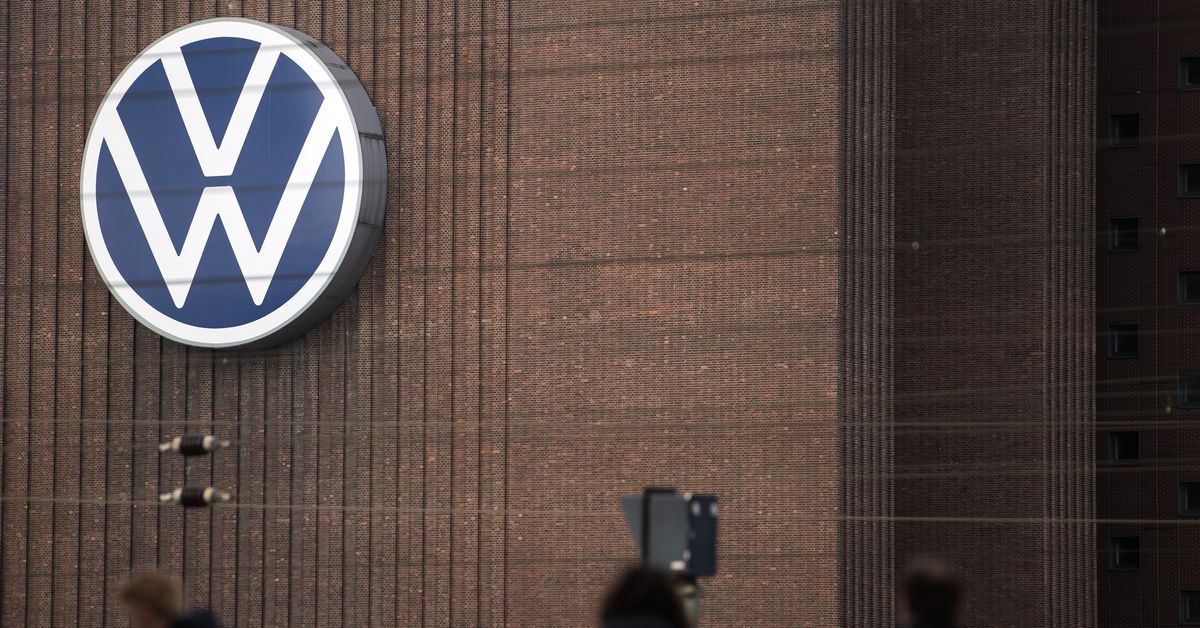Former VW, Audi bosses to pay Volkswagen millions over Dieselgate

Volkswagen will receive around $350 million as part of a settlement with executives who ran the company during the Dieselgate emissions cheating scandal, after claiming they breached their “duty of care.”
Former CEO Martin Winterkorn has agreed to pay the company 11.2 million euro ($13.6 million), while former Audi boss Rupert Stadler will pay Volkswagen 4.1 million euro ($5 million). Volkswagen will also receive smaller amounts from two other managers who were implicated in the scandal.
Most of the rest of the money — some 270 million euros (nearly $330 million) — will come from what’s known as “directors’ and officers’ insurance,” or D&O insurance, which normally helps protect executives from individual liability but can also be used to reimburse a company for legal fees and other costs.
The payout is a pittance compared to the $40 billion in fines, court fees, and settlements that Volkswagen has paid to date to resolve the scandal or the $86 billion it has spent on electric vehicles since. But it’s another sign that the company and its executives, current and former, are still dealing with the fallout of Dieselgate — even if that means paying the company, which itself pled guilty in 2017.
News of the settlement comes from a 62-page preliminary report examining the executives’ roles in the scandal, which saw Volkswagen and many of its sub-brands install “defeat devices” that made diesel vehicles look less dirty to regulators. The board’s report follows a massive third-party investigation that wrapped in March, which has not been released to the public.
Notably, the report reveals that current Volkswagen boss Herbert Diess was in a meeting with Winterkorn in July 2015 where engineers revealed information about the deception. Volkswagen says that Diess, who had just joined the company that month, was “justified in trusting” that the company would resolve the issues raised at that meeting.